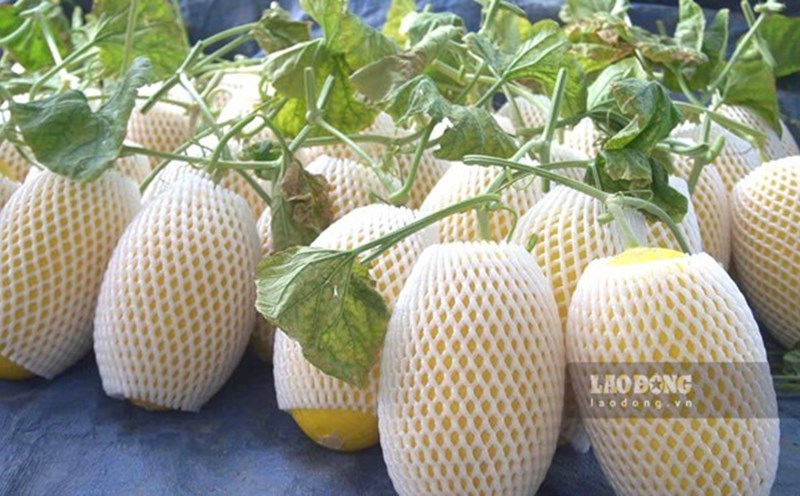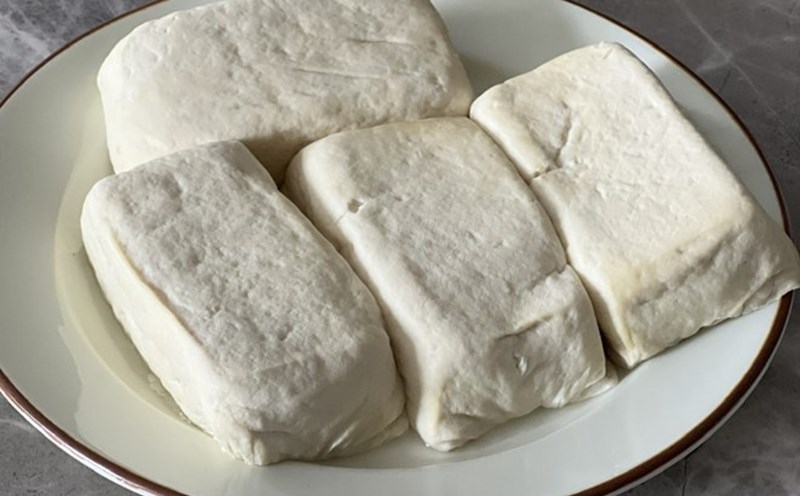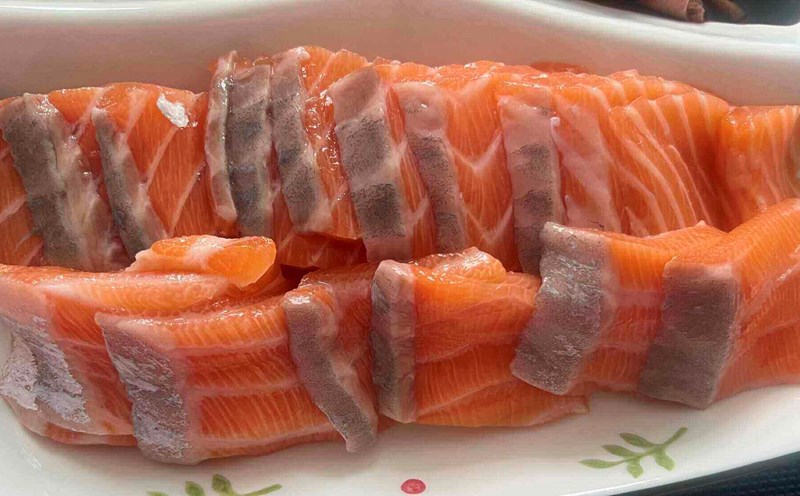Viet kumquat
Blueberries contain high levels of anthocyanin, a powerful antioxidant that can inhibit free radical liver damage and reduce lipid accumulation in liver cells.
Research in the Journal of Nutritional Biochemistry shows that supplementing 100g of blueberries per day for 12 weeks helps improve ALT, AST and reduce liver fat in people with early-stage NAFLD.
Blueberries also help improve insulin sensitivity, an important factor in controlling fatty liver.
Watermelon
Watermelon is rich in water and contains lycopene - a natural antioxidant, which has the effect of protecting liver cells from inflammation and oxidative stress. At the same time, the high amount of water in watermelon helps the body detoxify better, reducing the burden on the liver.
According to a review in Hepatology International, people who eat watermelon or lycopene-rich foods regularly have an 18% lower risk of NAFLD than those who eat less.
Eat fresh watermelon, without adding salt or sugar; avoid bottled juices.
Grapefruit
Grapefruit is rich in vitamin C and naringenin, a compound that has been shown to activate enzymes that break down fatty acids in the liver, thereby reducing fat accumulation.
One study found that drinking fresh grapefruit juice (about 200ml/day) for 8 weeks helped reduce liver enzymes, reduce insulin resistance and slow the progression of fatty liver in people with prediabetes.
Do not take grapefruit with statins or liver-to- count metabolism drugs without a doctor's prescription.
i
Guava is a summer fruit with a low glycemic index, while providing soluble fiber and vitamin C, which help improve lipid metabolism, aid digestion and reduce fat absorption from food.
Research from Nutrition & Metabolism Journal shows that supplementing 200g of guava/day for 6 weeks significantly reduces twice-stranded triglycerides and fatty liver, especially in people with a diet rich in starch.
Suggestion: Eat fresh guava, leave the skin on to increase the amount of fiber, avoid salt or sugar.
Pomegranate
Pomegranate contains punicalagin and ellagic acid, two substances that have anti-inflammatory, anti-fibery and liver cell phone protection effects. Pomegranate also helps reduce bad cholesterol (LDL) - a factor related to fatty liver.
People who drink 120ml of pomegranate juice every day for 12 weeks have a slightly reduced liver enzyme index and improved the liver fat percentage on ultrasound.
Use sugar-free whole pomegranate juice; avoid industrial bottled pomegranates.











